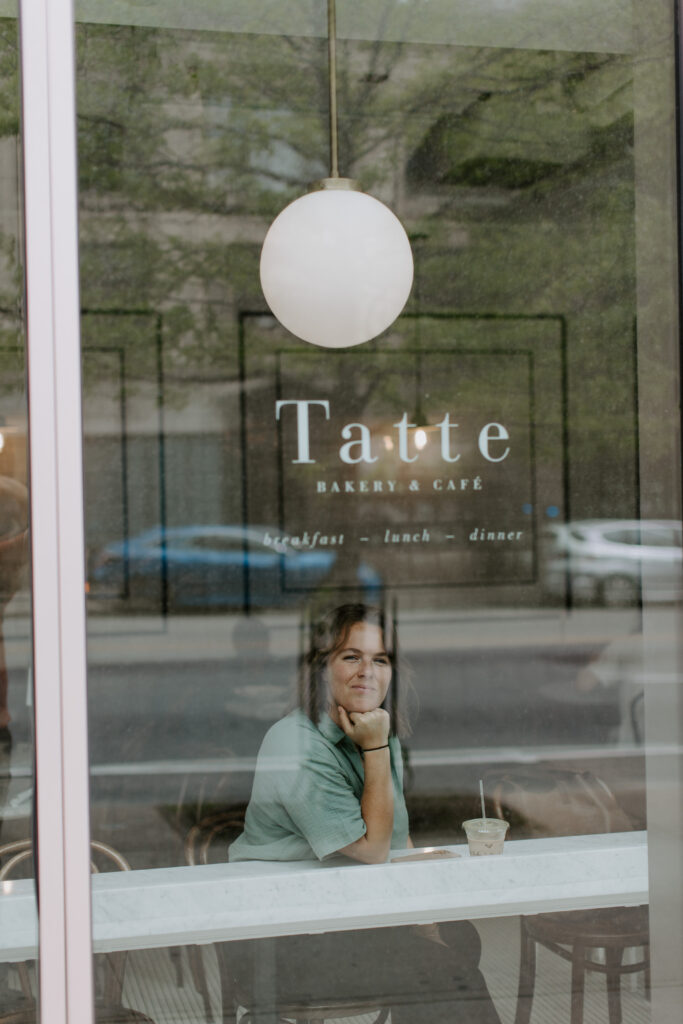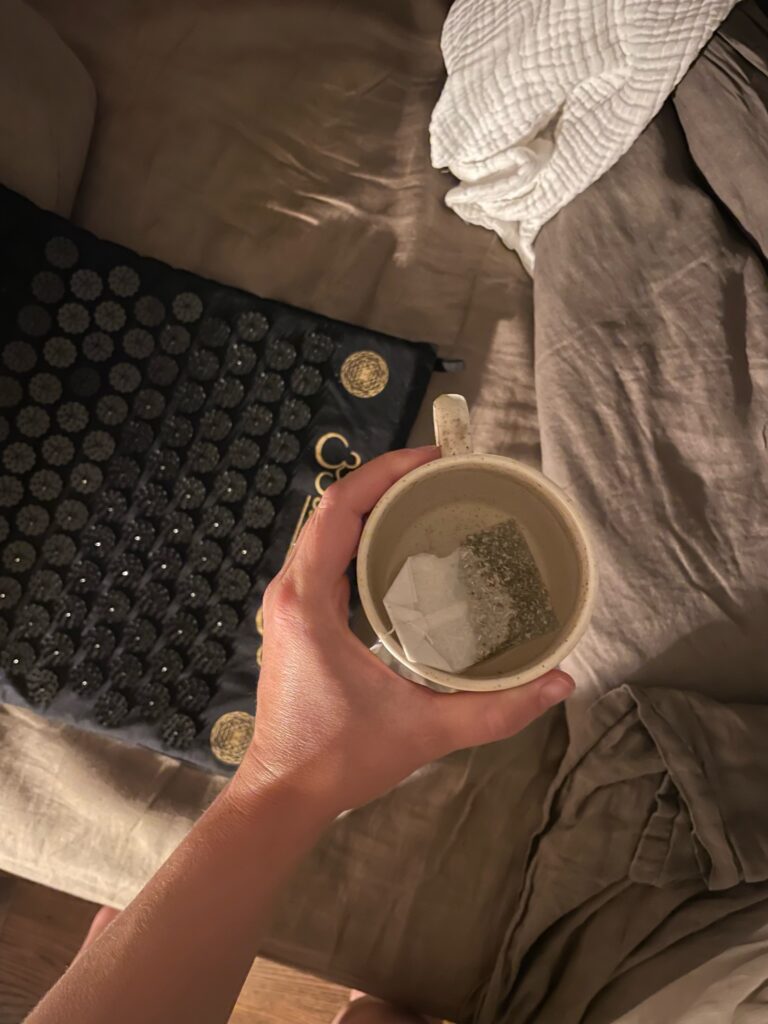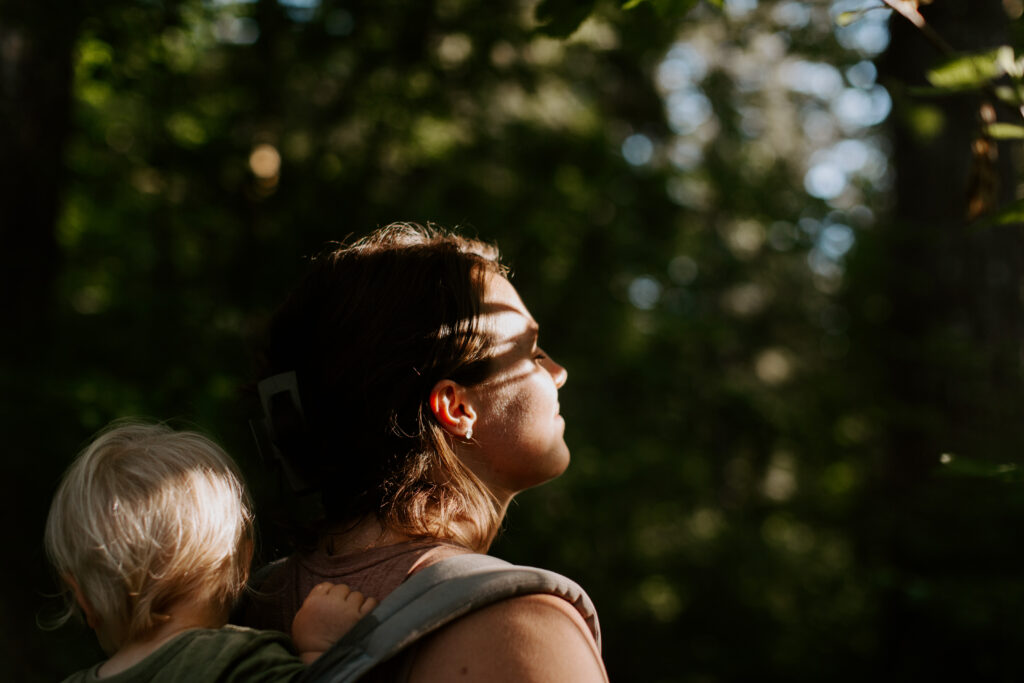What Chronic Illness Has Given Me
July 3, 2024
BY : ANNA BOOTH
I have spent most of my life battling my health. I wrote some words on that you can read here or you can listen to my story on our podcast. It would be easy to be bitter about what chronic pain has taken away, and there are seasons of my life I have been, but I’ve decided I want to focus more on what it has given me. Here are some of the lessons I’ve learned along the way…
Schedule in rest.
This has been a more recent lesson for me. After years of hardly any energy and more “no’s” than I can count, all I wanted to do was say yes. In my early adult years, I pushed myself hard. I said yes more often than I said no, and it was fun! Until it wasn’t anymore. I realized I was living in this perpetual cycle of pushing myself until I had a flare up of symptoms, rest & recover, do it all again. As you can imagine, this was exhausting. And it’s also the way most of our culture lives. Maybe not the chronic pain part, but our culture likes to go go go more than we like to pause. We wear busyness like a badge of honor, and our bodies, minds, and relationships suffer because of it. So what if instead of feeling like we had to earn rest or merely collapse into it, we rested first? What if we used rest as a tool to equip us to work, play, and live from a fuller place? This was a hard lesson for me, but it’s an invaluable one.
Little choices build into big ones over time.
The big choices feel like the more fun ones, but life is made up of mostly the small ones. In my own health journey, I have seen the power of small choices. Choosing to run ½ a mile three times a week that eventually built into my first 10K. Replacing one household product at a time with ones that are filled with better ingredients, leading to less headaches. Choosing to pay more attention to the foods I eat and noticing my bones ache a little less. None of these choices in and of themselves are big ones and most of them feel like they’re doing nothing. And maybe on their own, they are. But stacked on top of each other…making the choice day after day, week after week, my body has gotten stronger. The bad days are fewer and further between. I spend more energy practicing my proactive rhythms than recovering from flare ups. Little choices have changed the trajectory of my life, allowing me to pursue a dream with my family that I didn’t think would be possible. You can read that story here.
When someone is hurting, don’t ask. Just do.
This isn’t ALWAYS true, but it’s a good rule of thumb. The times I have felt most loved and seen in hard seasons of life is when someone has just done the thing rather than asking me what I needed. Brought food, had groceries delivered, booked an overnight airbnb for my husband and I to get away, dropped off coffee or picked up the kids. Instead of “what can I do to help?” it has been “hey, I’m on my way” or “which of these two things would be most helpful?” When we are in survival mode, we are just doing the next thing in front of us and coming up with ideas that might help sometimes adds to the load instead of lightening it. So next time you have a friend in a heavy season, try just picking something that you know YOU would feel loved by, and do it for them. Don’t worry so much about doing the right thing or saying the right thing – just show up.

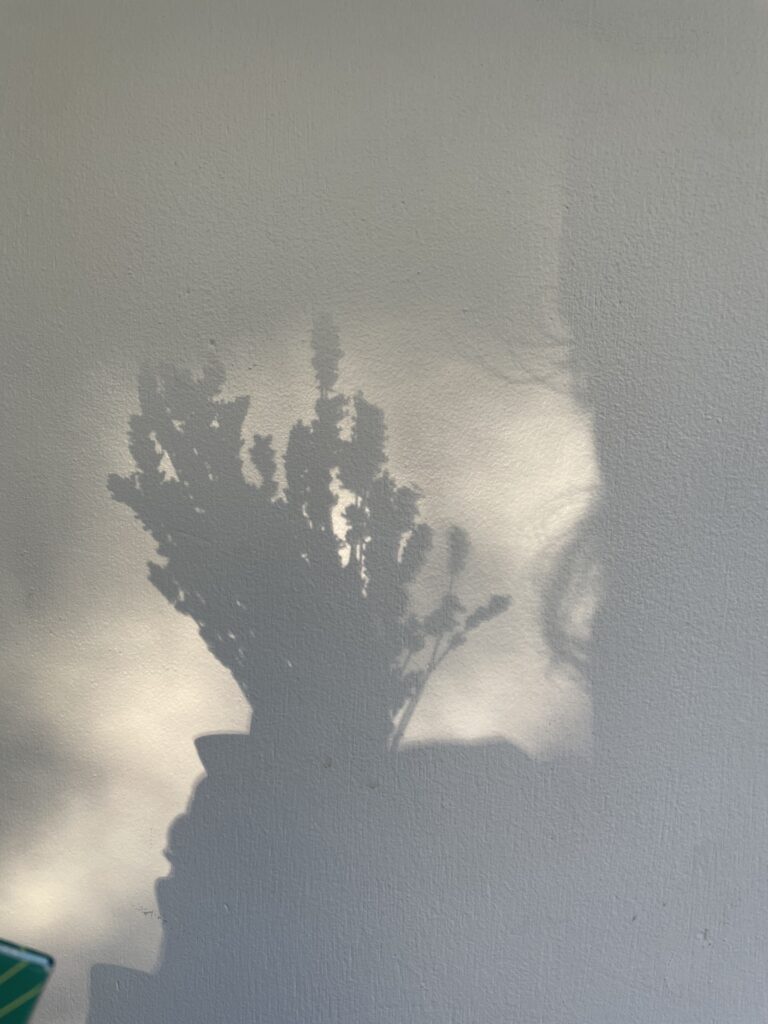
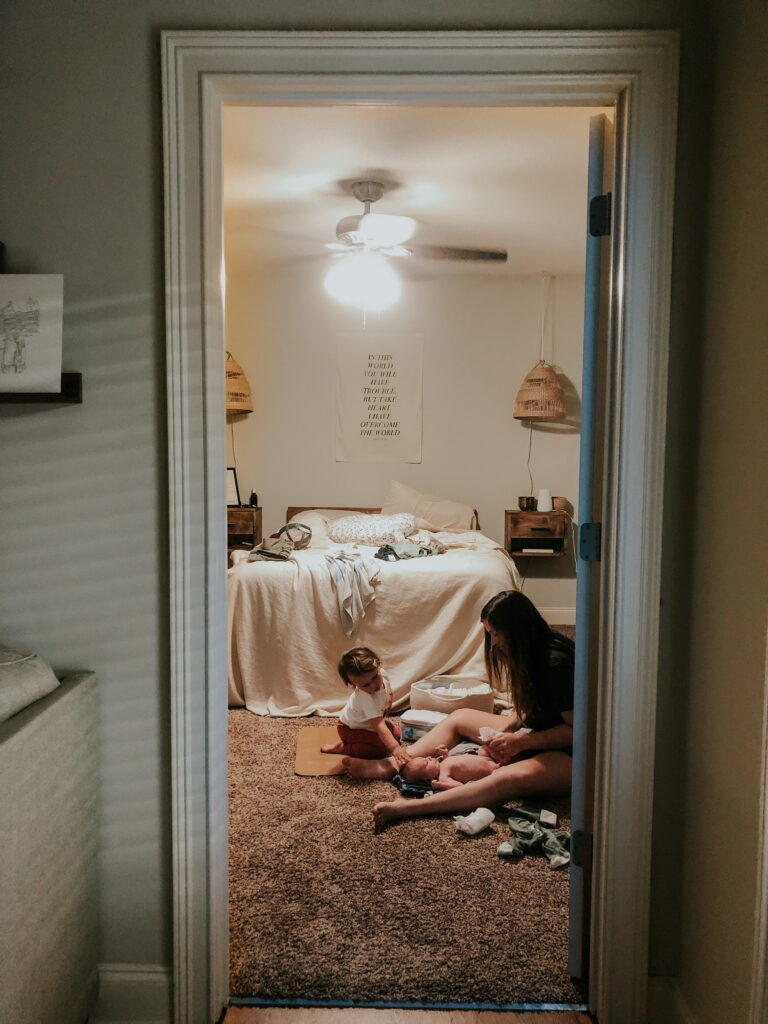
There are no quick fixes.
When I was diagnosed with POTS, I was told there is no cure. So the last 20 years of my life have looked like figuring out how to manage symptoms, prevent flare ups, and strengthen my body with no promised end in sight. No quick fixes, no easy answers, just a lot of consistent choices that slowly have allowed me to flourish in the day to day. It’d be so nice to just be able to take a pill, buy the right item, or talk to the right person, but the reality is that 9/10 times it won’t work. Even if it works momentarily, there’s usually a deeper cause. Tylenol might ease a headache for a little while, but you probably also need nourishing food, more water, deeper sleep or less stress. A self-help book might give some good insight, but there’s no checklist that will change your life overnight. Talking to a counselor is wonderful, and they also can’t do the work for you. It takes making the hard choice again and again and again. You will see change, and it will be the kind that lasts.
Validate people’s pain. Just because it doesn’t look like yours, doesn’t mean it hurts less.
I’ve been told “but I don’t want to complain to you because I know you have it worse”. Oh sweet friend, if this is the narrative that you believe about your own life…that you can’t share your pain with someone you believe has it worse than you, please hear me say that your hurt matters too. You reading this are likely in the midst of, coming out of, or heading into a heavy season. It’s the nature of being human. And if we spend our energy comparing our pain rather than sharing it, we will wear ourselves out unnecessarily. Your pain looks different than mine. Your miscarriage hurts in a different part of your heart than my 20 years of chronic illness does. Her divorce aches and so does your ache to be in a relationship. That broken friendship bears a different bruise than the lost dreams. It all hurts, and it’s all vulnerable. And those vulnerable places are where we will find true connection. All it takes is “I see you. I believe you.”
You are not a burden. What you are carrying IS a burden. Share the load.
We’ve all thought it…”I don’t want to ask or share because I don’t want to be a burden.” It’s human to not want to feel like you are causing stress to another person. What I’ve learned along the way, however, is that the same things people don’t want to ask for themselves, they would gladly do for another person. So what does that tell us? We probably all feel the same way! We’re glad to share the load with one another. We’re all carrying something heavy, and that doesn’t make us a burden, but it does mean that what we’re carrying burdens us. So instead of deciding that you yourself are the burden, maybe you choose to allow someone that loves you to grab hold of a small part of the burden you’re carrying as you grab hold of theirs. I fully believe it’s how life was meant to be lived, and as a believer in Jesus, I trust His words that as we share our burdens with Him, they become even lighter.
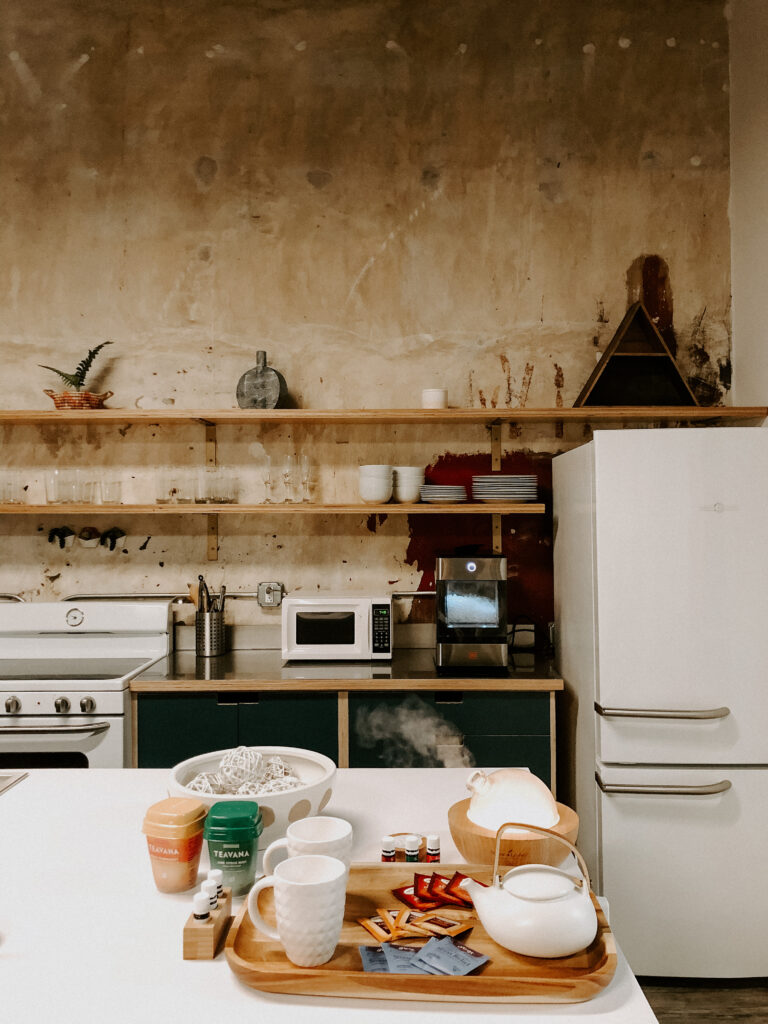
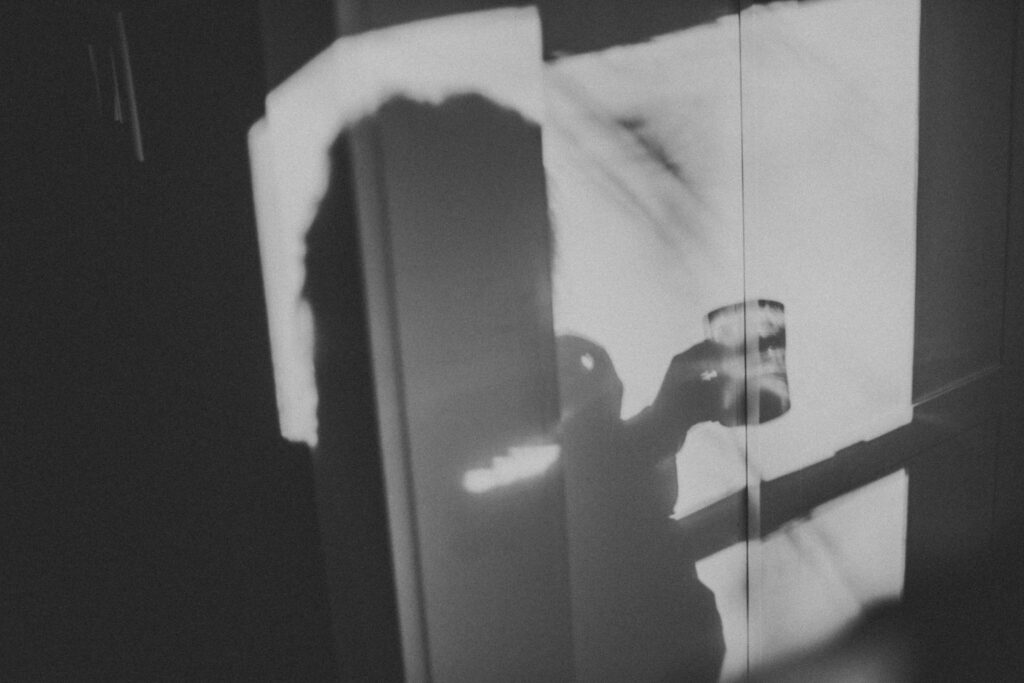
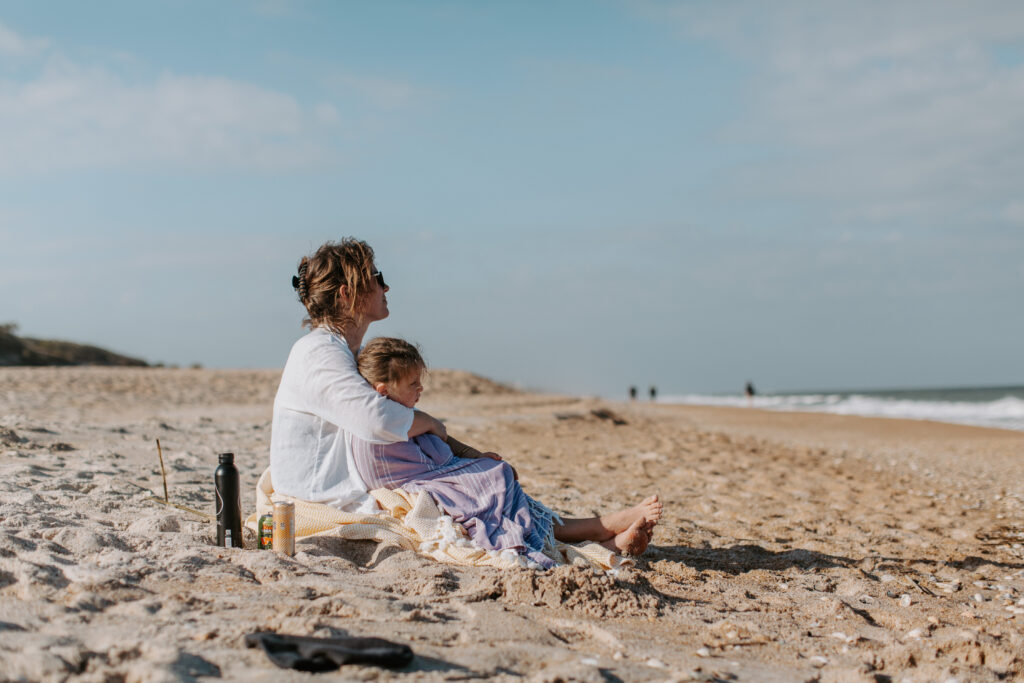
Other people’s feelings are not your responsibility.
Oof. A tough one. As an enneagram two and a people pleaser by nature, this goes against everything that I feel. And it’s also one of the most freeing lessons I am *still* learning. I have lived a lot of my life feeling like I’m letting others down because of my physical limitations. It goes hand in hand with pushing myself too hard as I talked about above. I would say yes at the cost of my own health because I didn’t want to cause disappointment. I would feel upset with myself knowing someone else might be upset. But my feelings are not the truth. The truth is that we are each responsible for our own feelings, and if my “no” causes hurt or disappointment, it’s usually because there is a deeper underlying cause that I have no control over. Maybe that person has some friend hurt from the past, maybe they are already having a hard week filled with other moments of tension, maybe they struggle with lies about their own self-worth and being told no presses on that tender spot. Or maybe they aren’t even upset and my feelings are lying to me. What I’ve learned the hard way is that I am responsible for MY feelings, and that means voicing things that need to be voiced, making decisions that need to be made, and trusting my people to do the same.
Your struggle does not define you, and it might just be your strength.
There was a time that I saw myself as “the sick girl”. The one that had a special school schedule, had to often say no to sleepovers, and couldn’t always show up for track practice. I saw more of what I couldn’t do than what I could. Years later after counseling, healthy relationships, and lots of mindset work, I now see chronic illness as a part of my story, but not as my identity. And not only is it a part of my story, but it has played a pivotal role in forming who I am. It has shaped the nurse I am…one who deeply empathizes with the pain of my patient and is able to look at them and say “I understand” and mean it. It has shaped the mom I am…one who is able to sit with my kids and validate their tears while also reminding them of goodness. It has shaped the wife I am…one who pays attention and asks the hard questions because I know that’s what I need too. It has shaped the friend I am…one who is willing to sit in the hard for however long it takes and celebrate with you on the other side. I now see my pain as the thing that has both softened and strengthened me. And I believe the same thing for you, my friend.
And lastly, my greatest lesson has been the power of gratitude. You can read all about what I’ve learned and the way it has changed my brain for the better in this blog post. Our minds are far more powerful than we give them credit for, and if you take anything from this blog, I want you to take that. You get to decide the kind of life you want to live…not always the circumstances, but the way you function within those circumstances. You can choose to survive or you can make the harder choice to flourish. I can promise you the latter one is worth it.
In it with you, friend.
